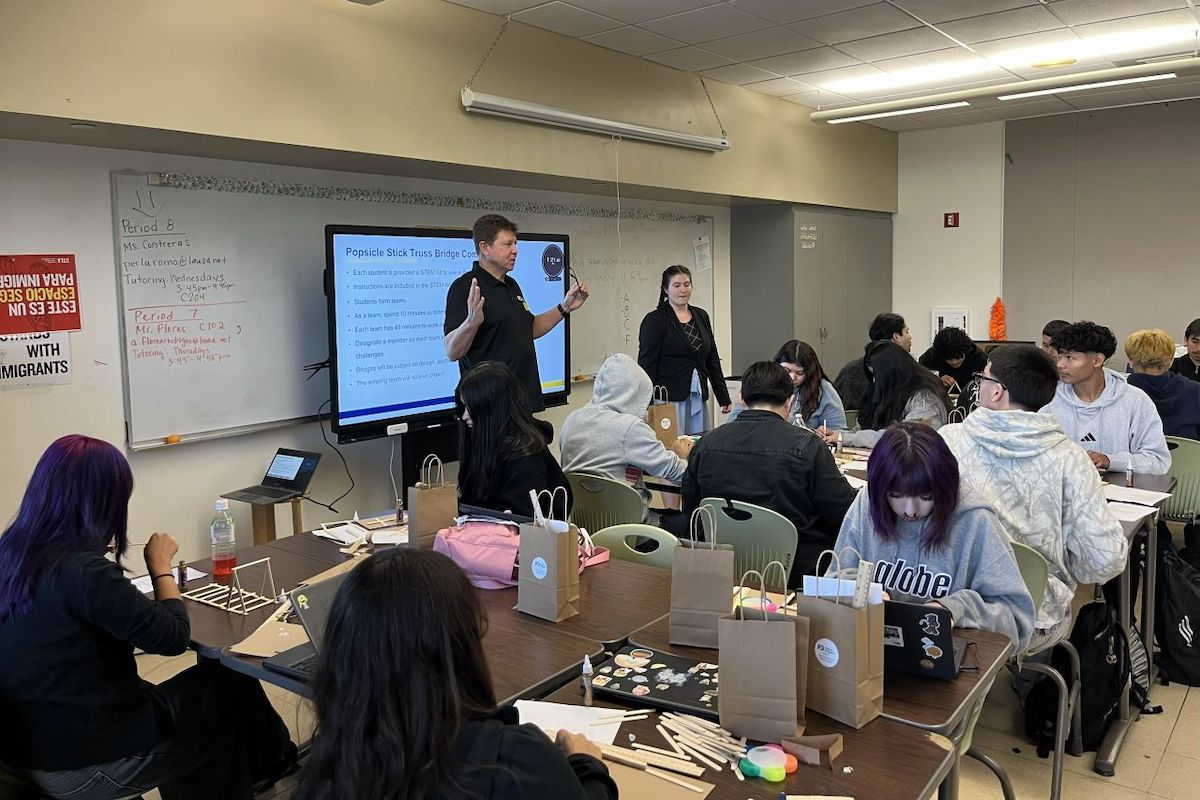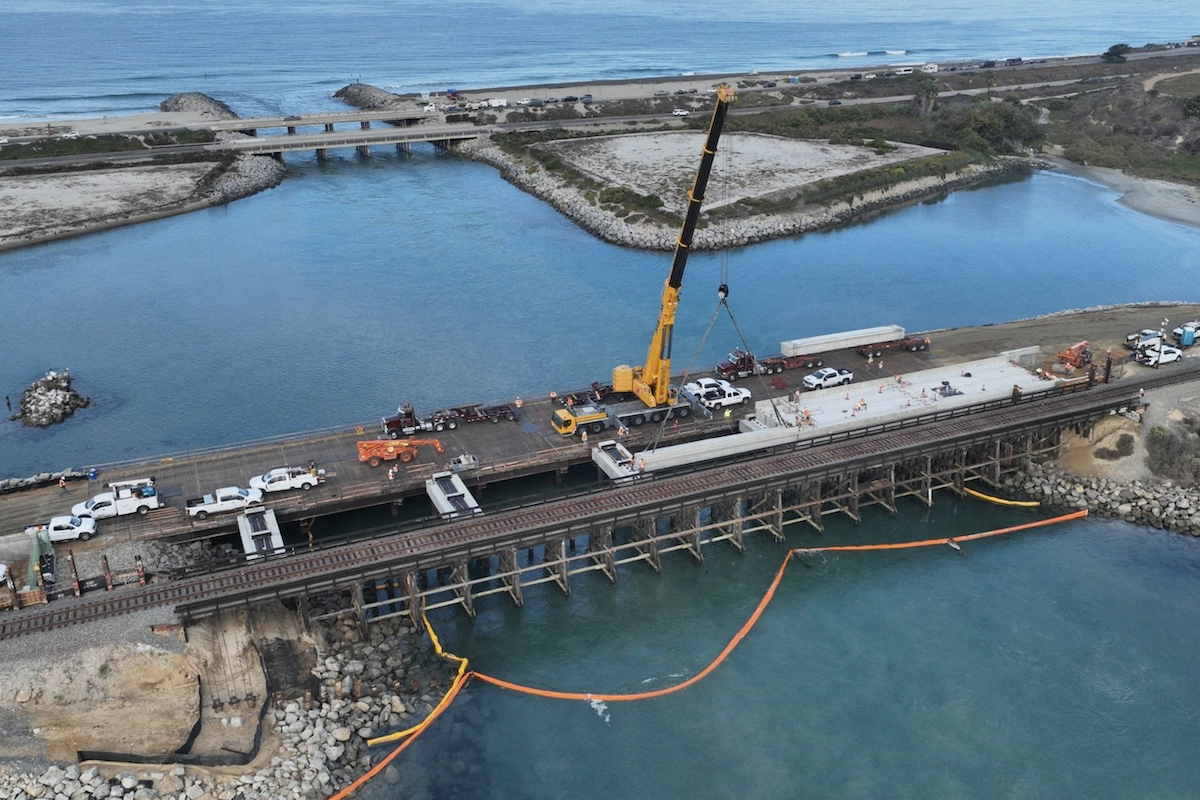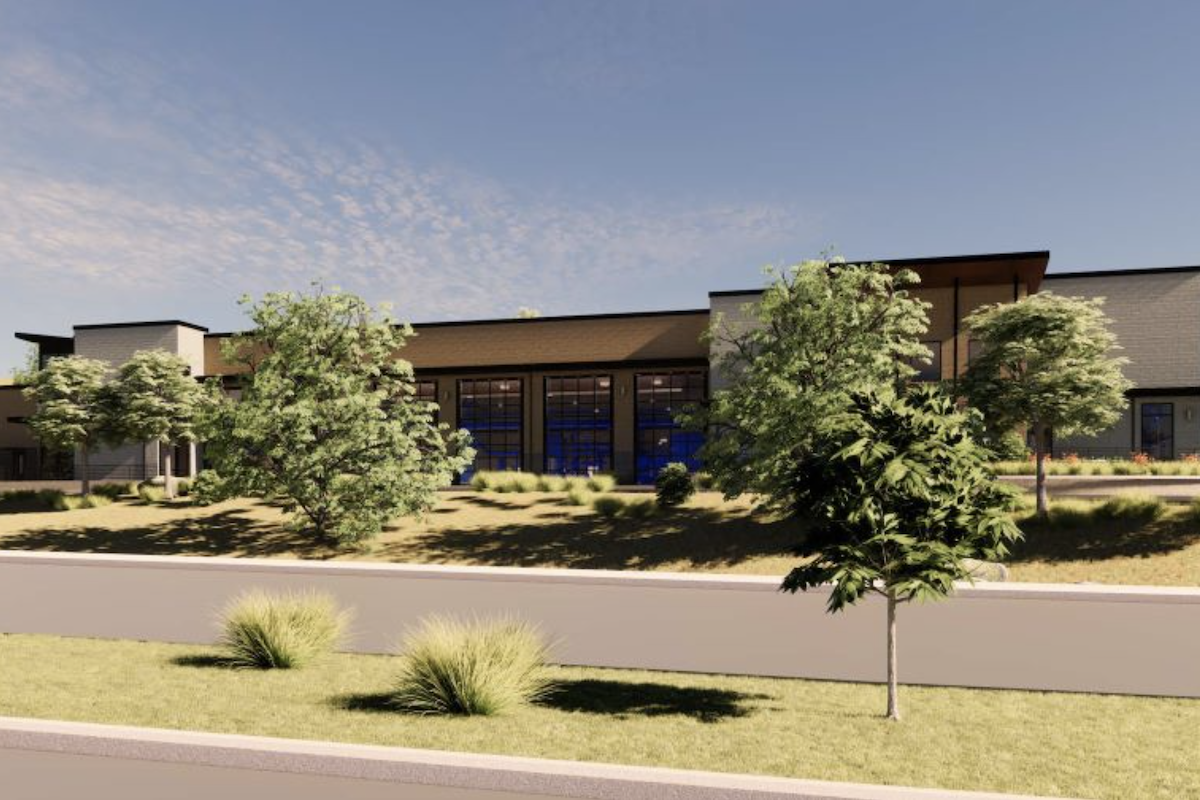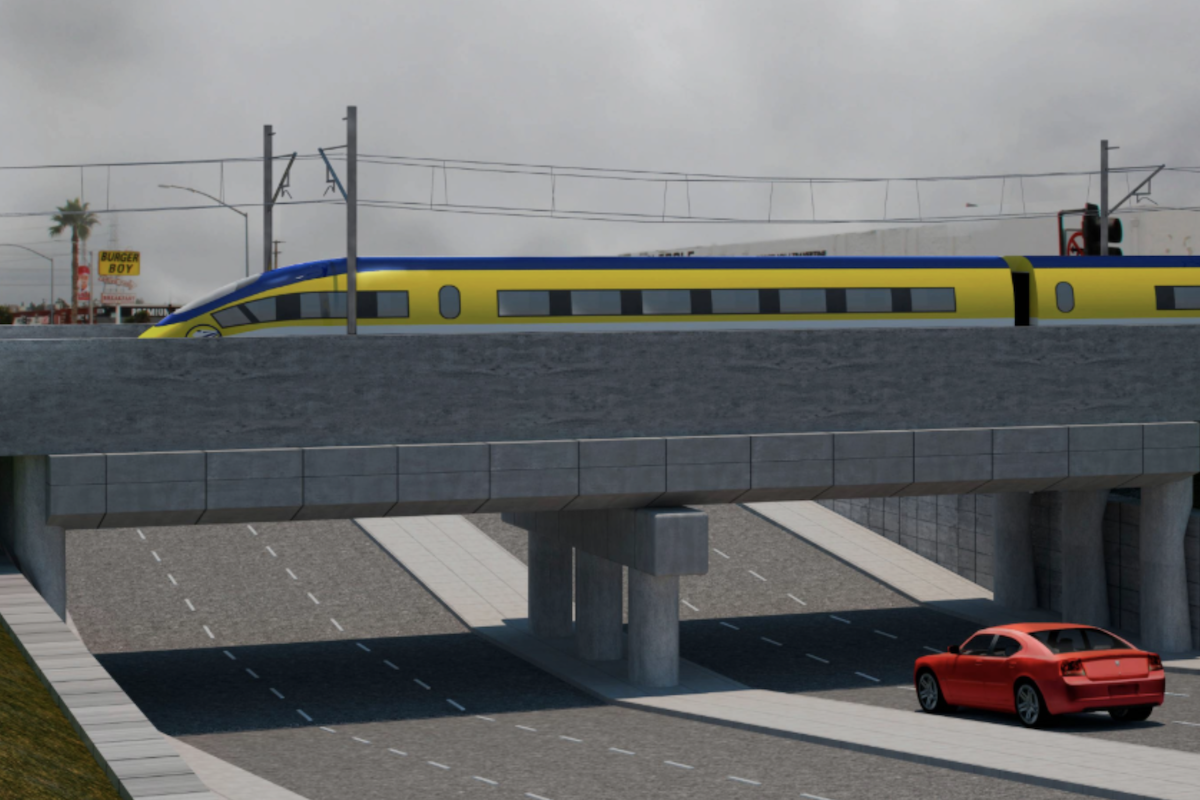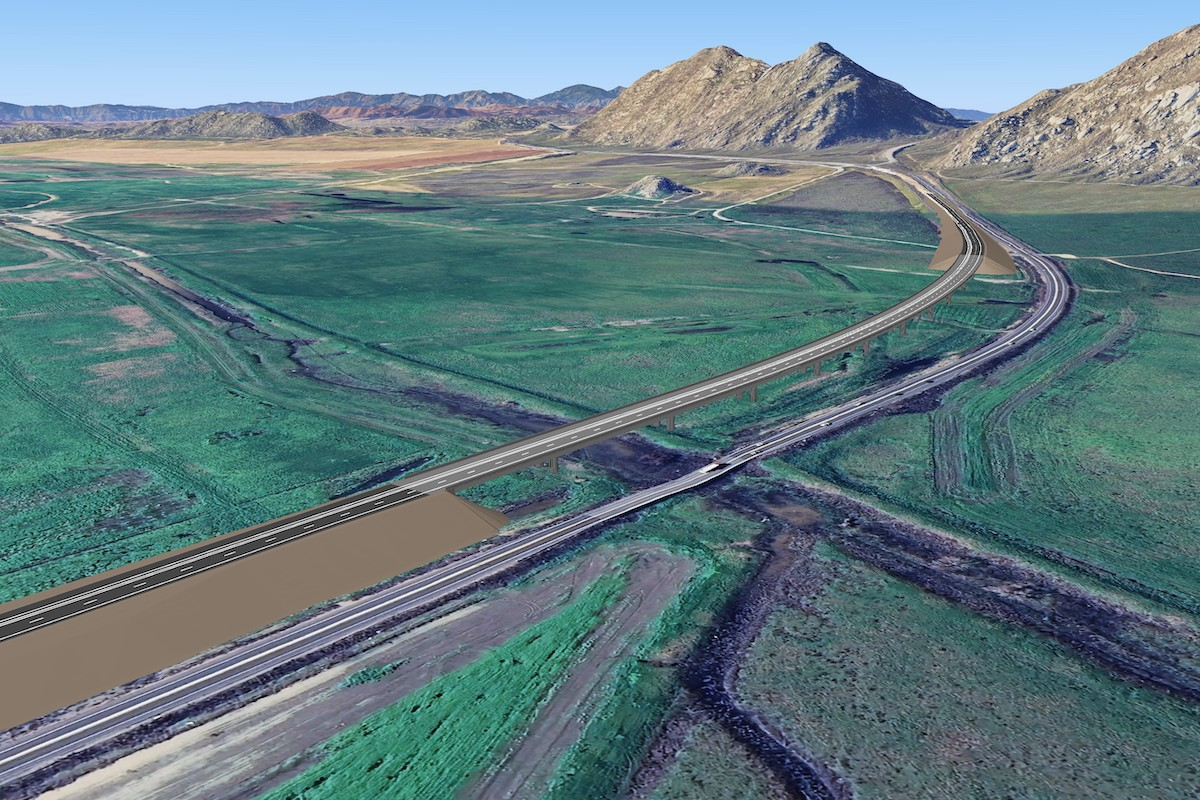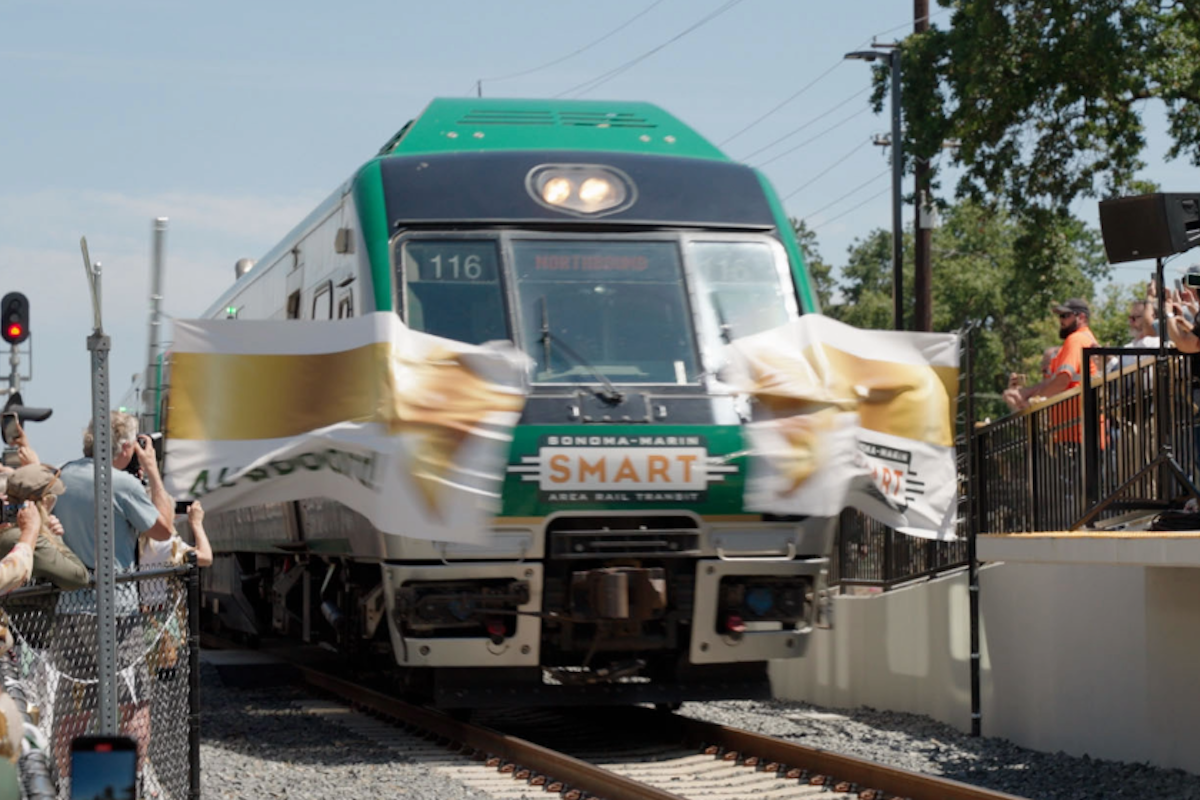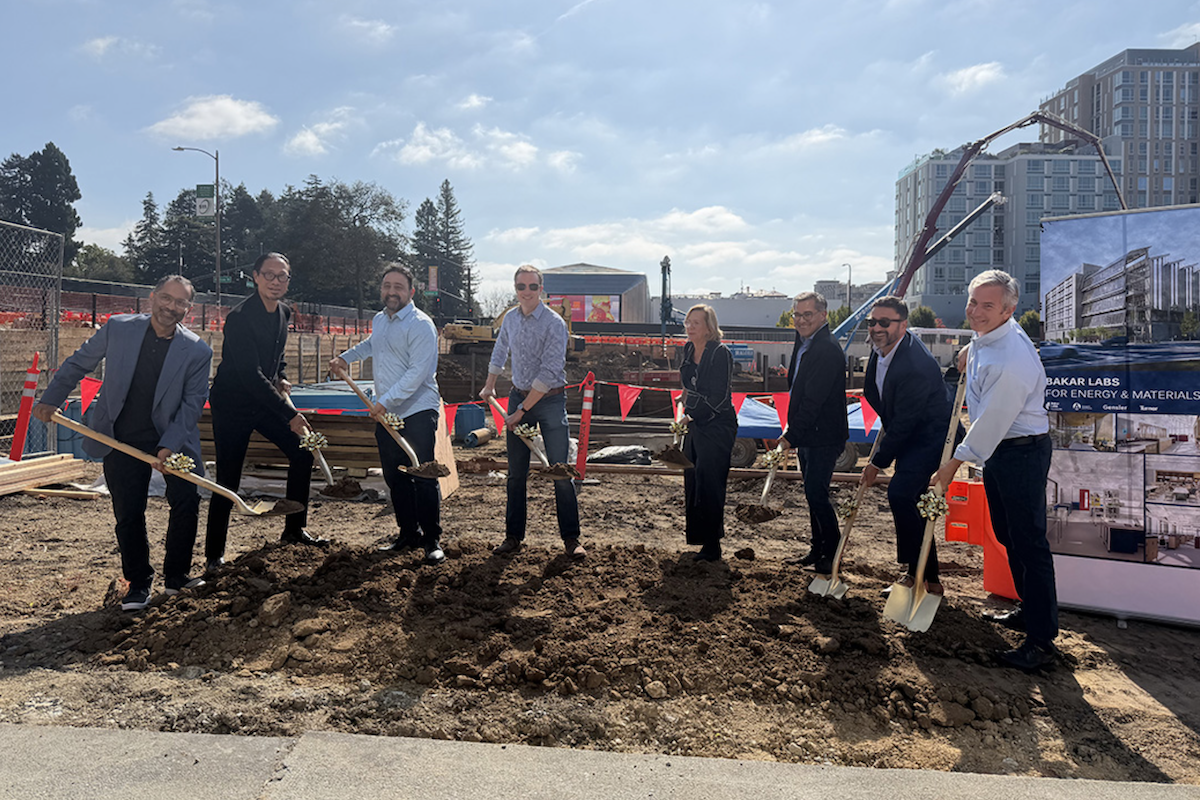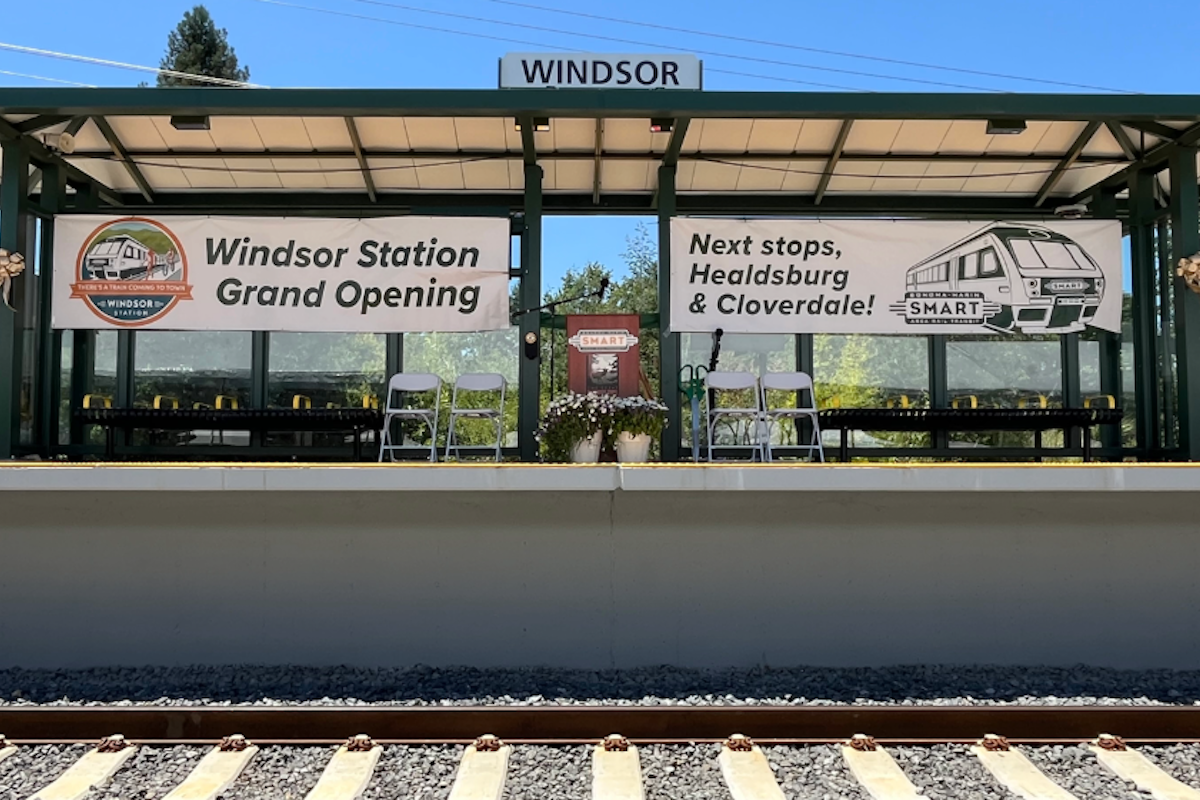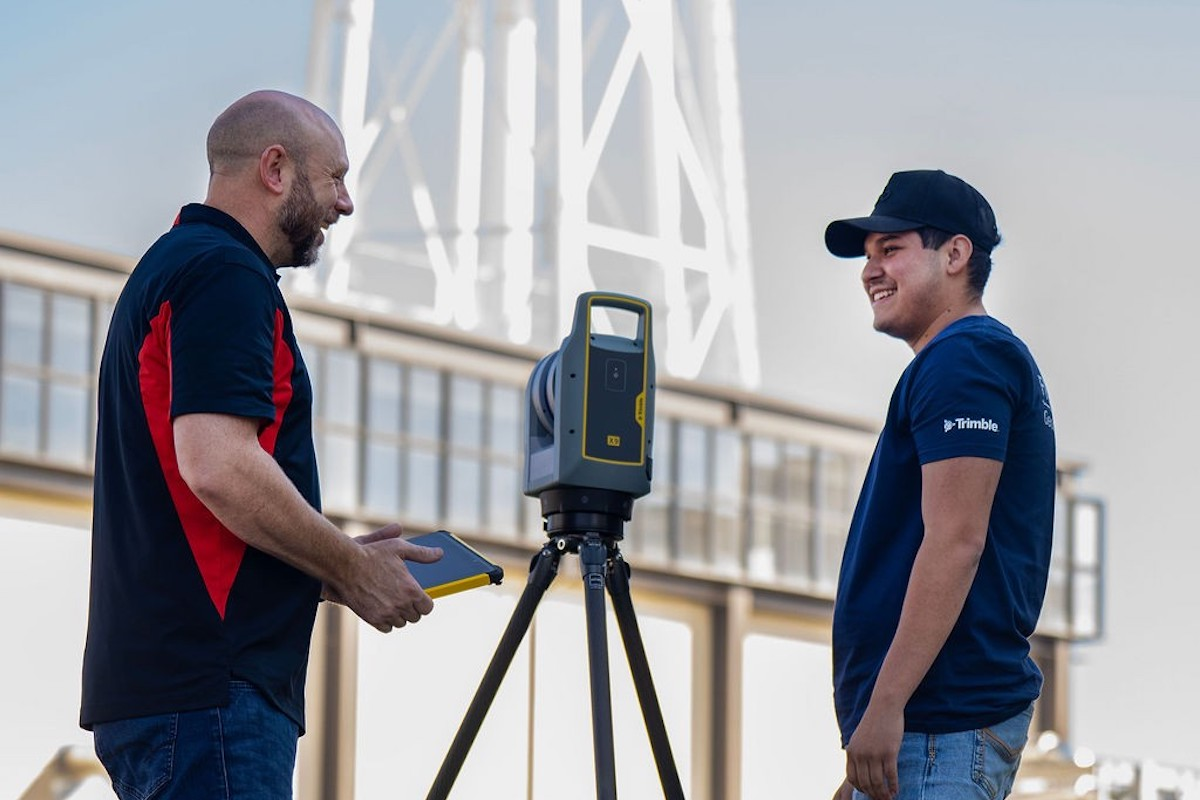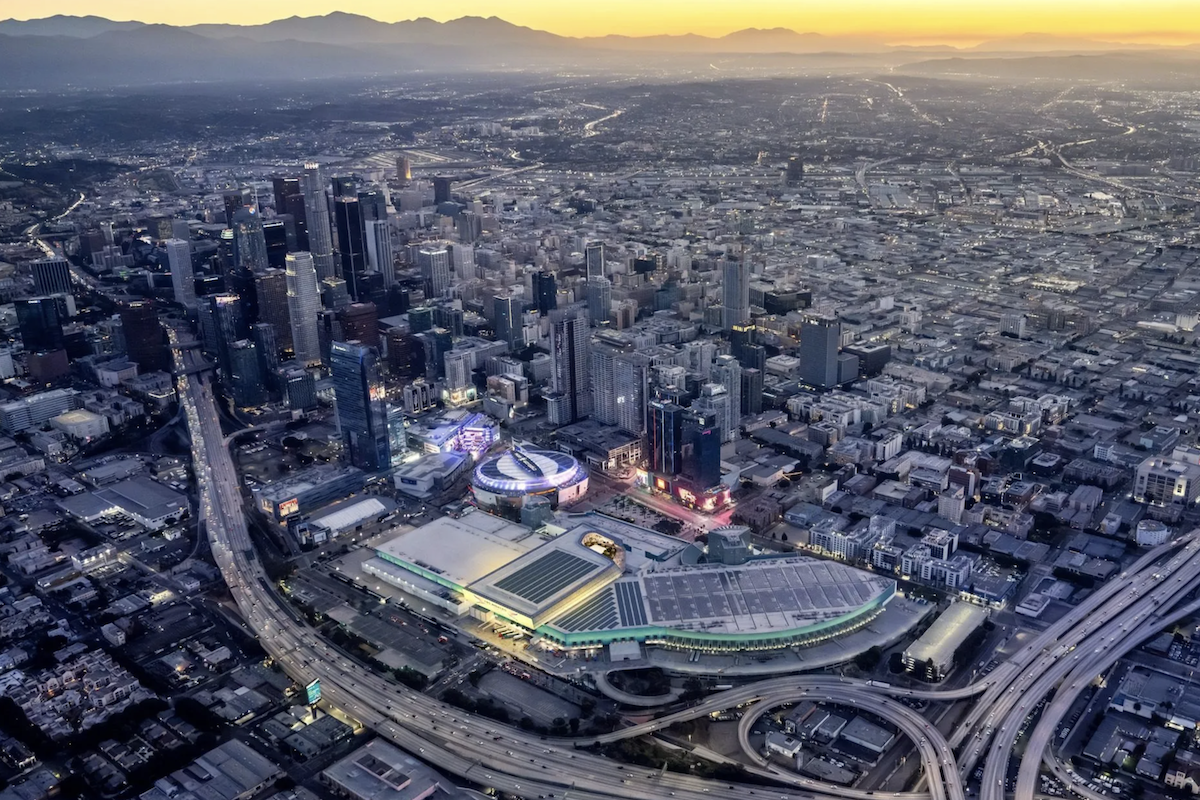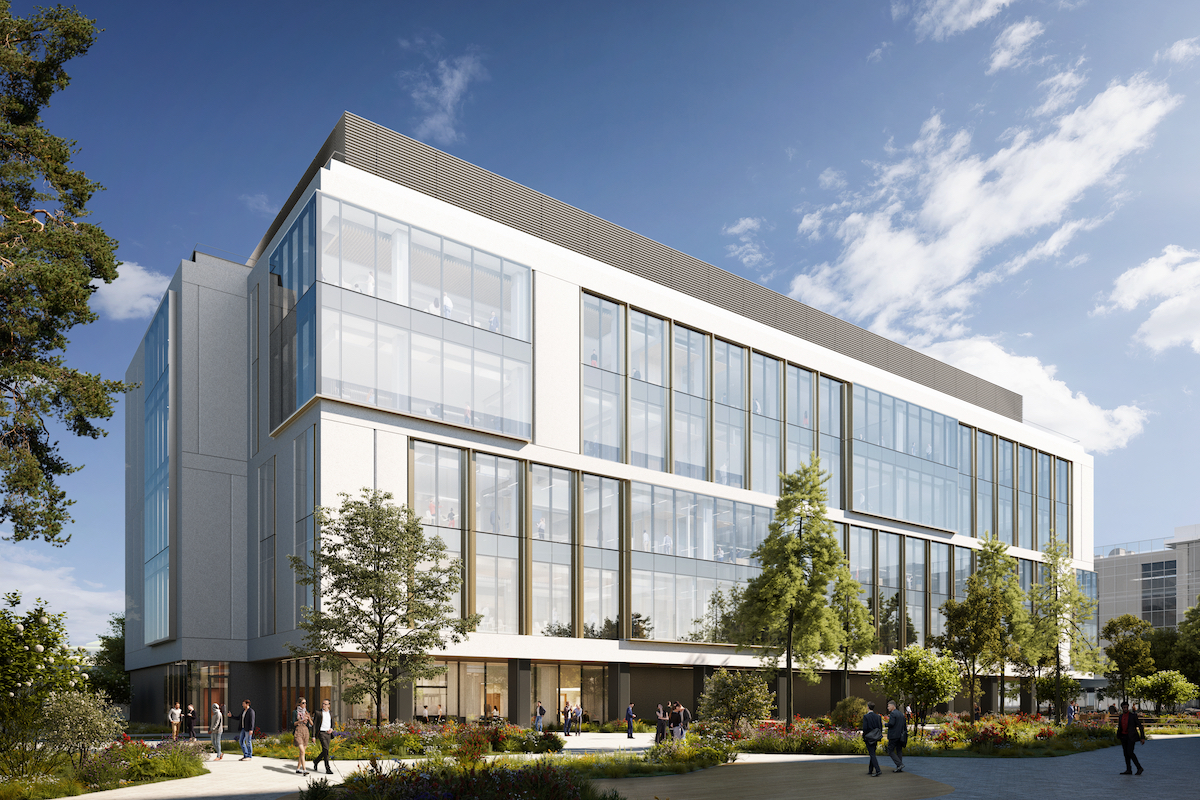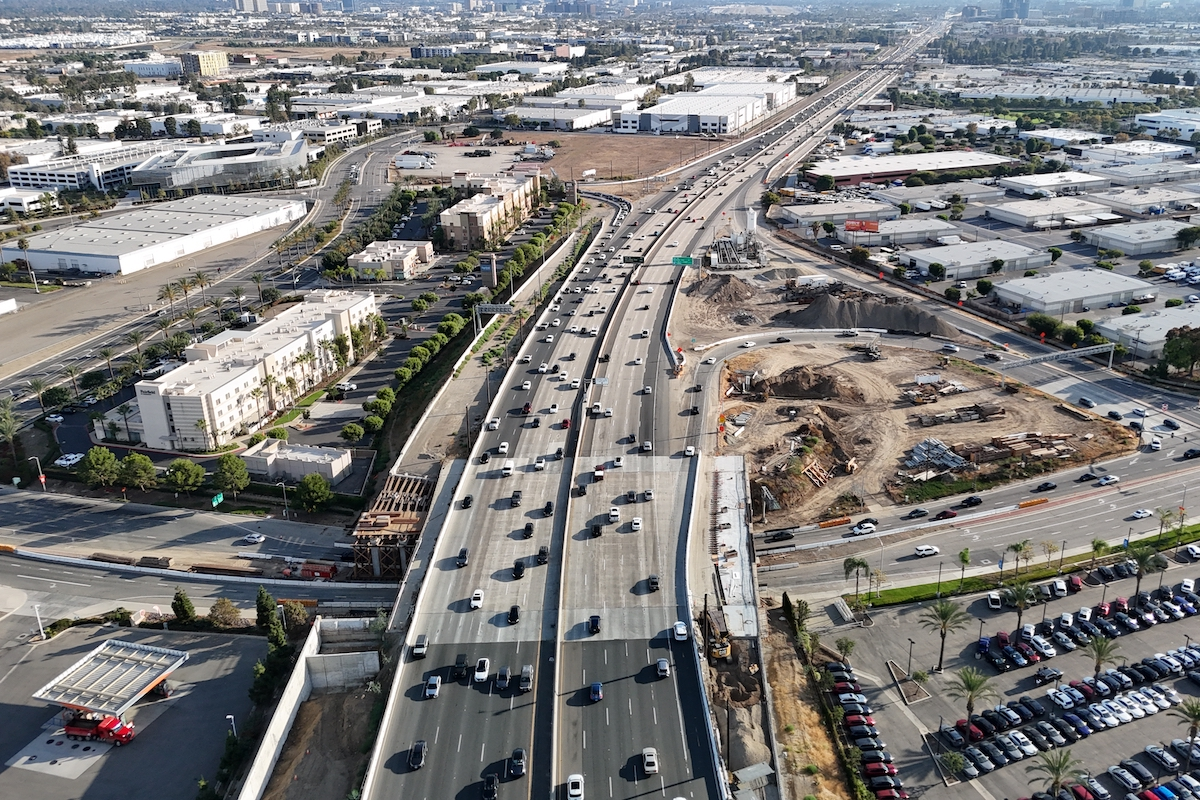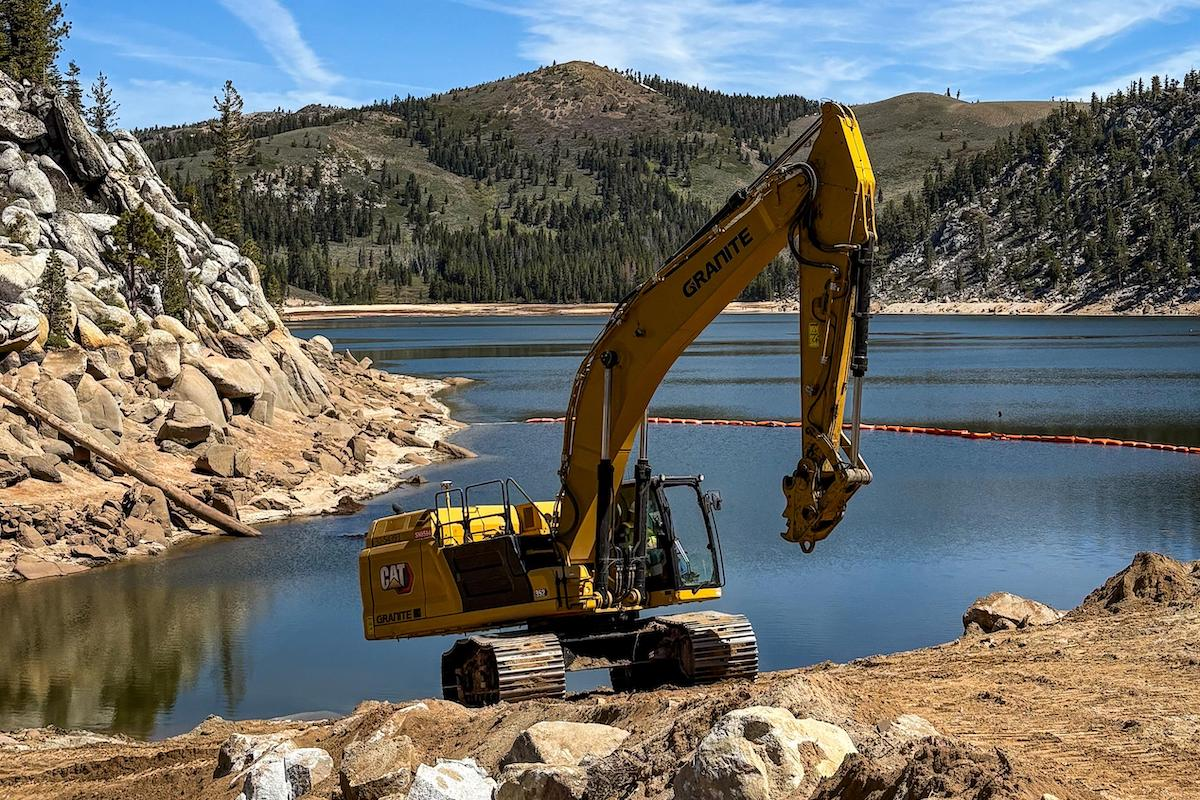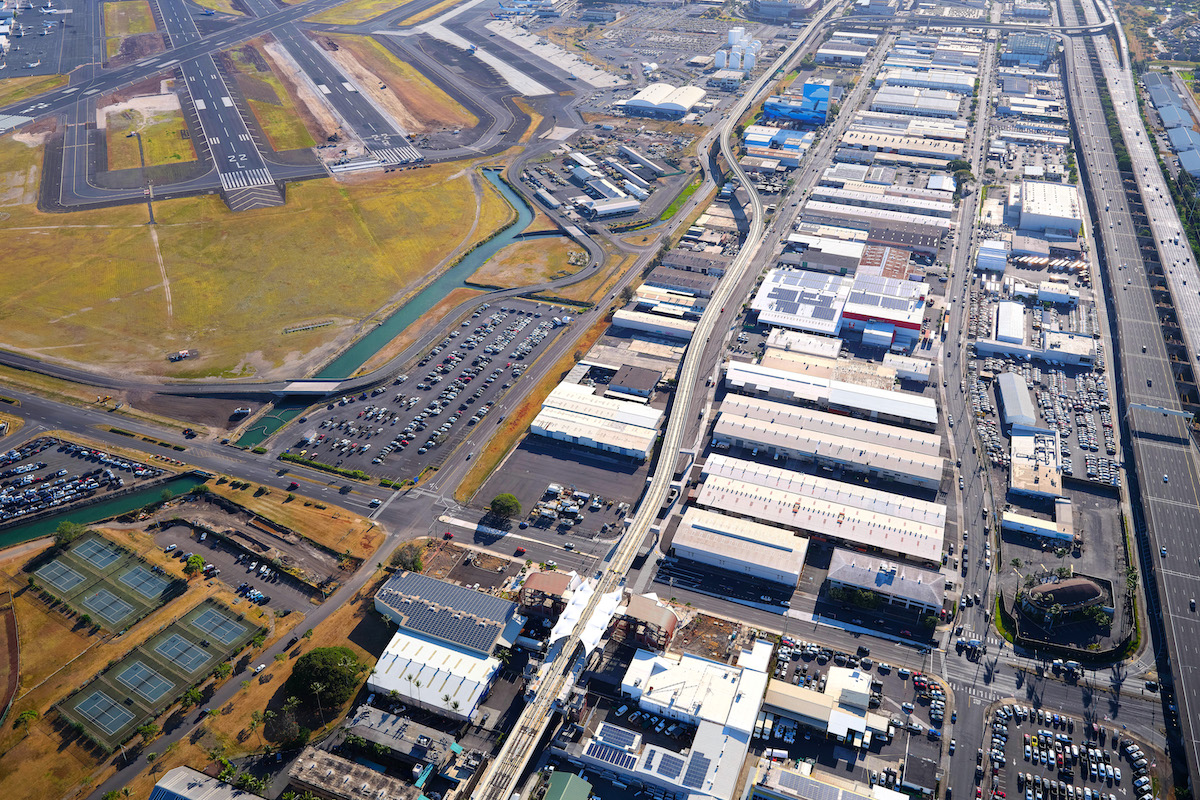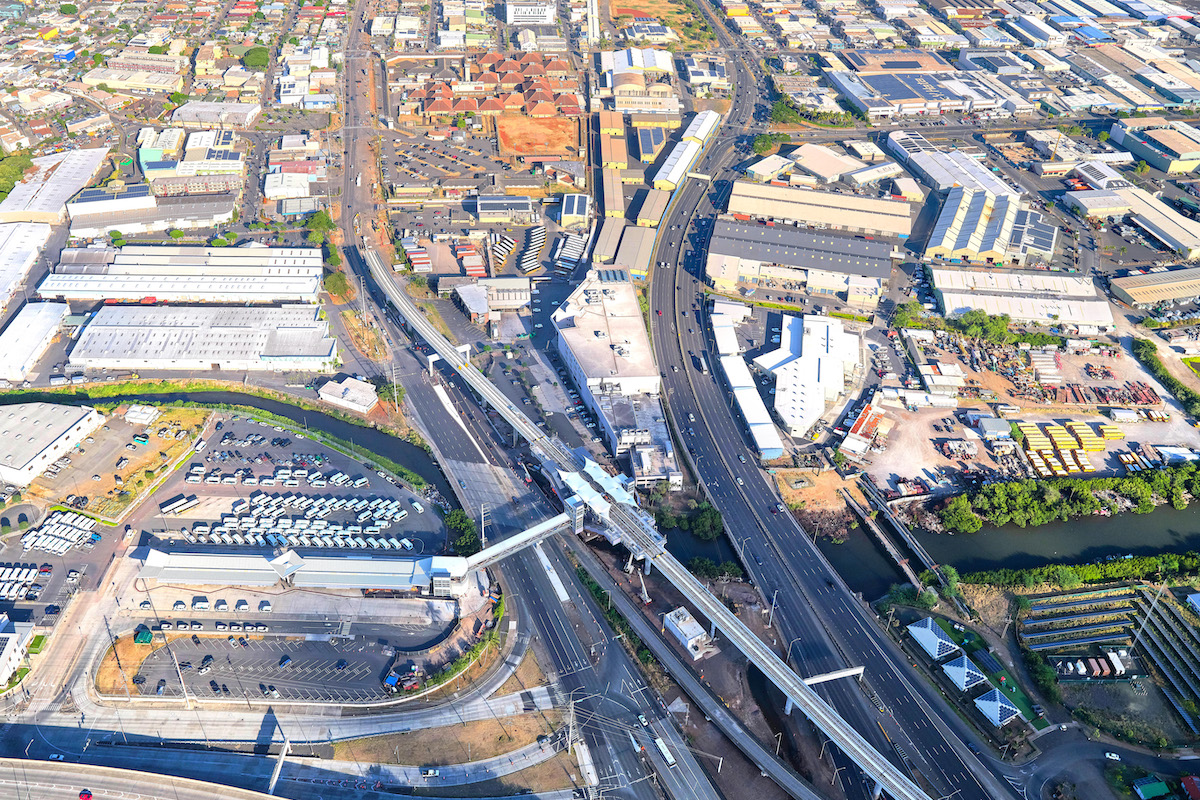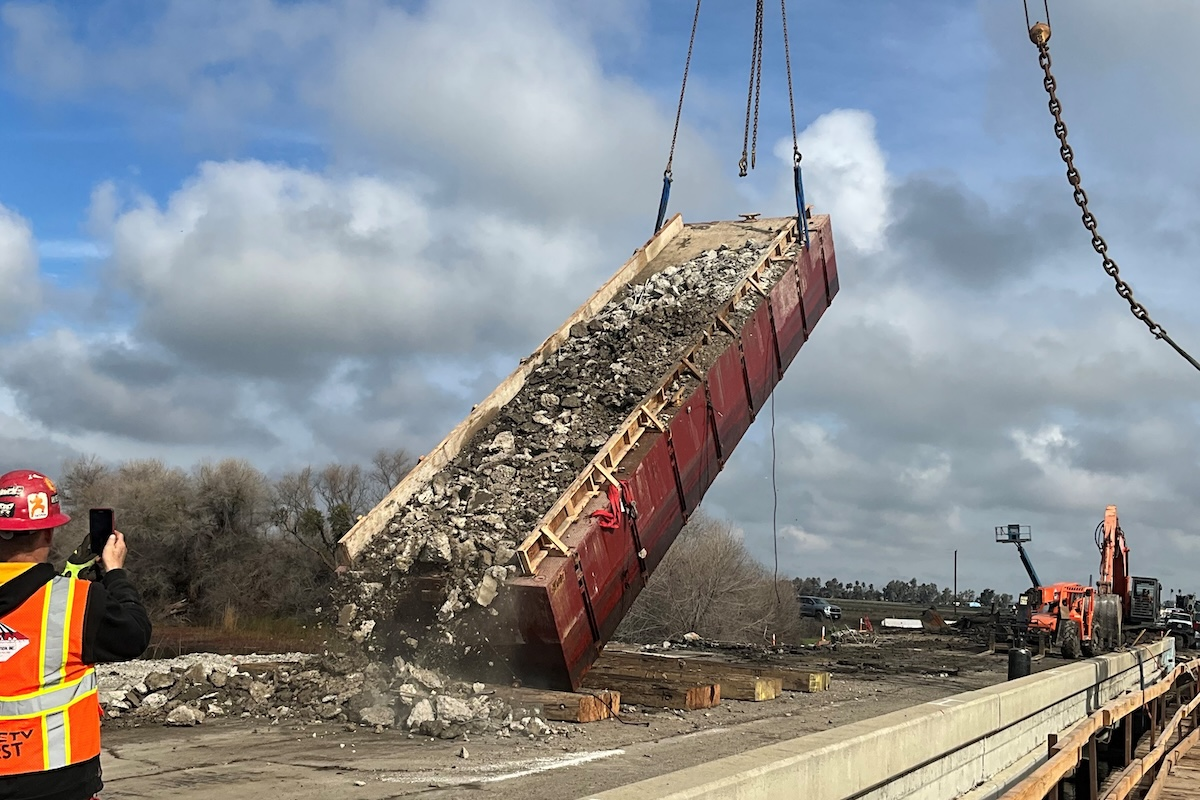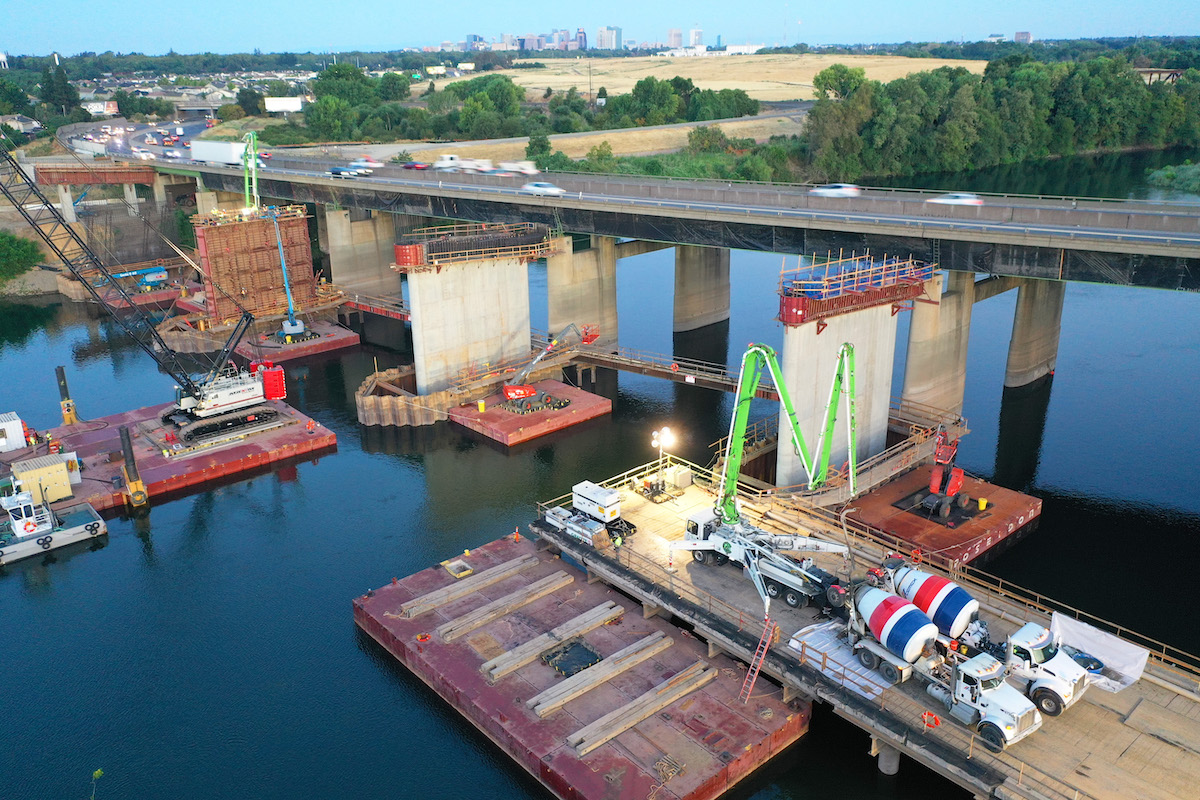“California’s innovation and drive is not limited to Earth,” said California Governor Gavin Newsom. “Berkeley Space Center will help lead the state’s space tech development by bringing together top space leaders in academia, government, and industry to foster new technologies and breakthroughs.”
Berkeley Space Center’s proposed master plan currently features 1.4 million square feet of Class-A office and R&D space, including wet and dry labs, as well as conference space, academic facilities, and retail amenities. The site’s current plans would also offer nearly 18 acres of open space, including outdoor working yards and a central green area. Later phases of the project would include short-term stay facilities as well as student and faculty housing.
Berkeley Space Center aims to redefine how large-scale developments are designed, constructed, and managed not just from the ground up, but from the underground up. The grounds and the buildings would serve as a testbed to pioneer and advance novel low-carbon design and construction practices. The development team of Berkeley Space Center has a growing list of environmental sustainability goals, which at present include:
- Pursuit of rigorous building certifications, both LEED and other
- Installation and use of alternative low-carbon energy sources, such as photovoltaic panels for power generation in place of natural gas
- Diversion of the majority of on-site waste
- On-site treatment and retention of stormwater
- Use of recycled water for both landscaping and within buildings themselves
- Multiple modes of movement and transportation to and within the site, with a focus on pollution-free mobility
- Phytoremediation, whereby Berkeley Space Center’s landscape design and maintenance will heal groundwater aquifers

| Your local Gomaco dealer |
|---|
| Terry Equipment |
“Similar to how innovations in aerospace research pushed the physical boundaries of where humans can go, Berkeley Space Center aspires to establish new standards for how buildings are designed, constructed, and operated to minimize the carbon impact,” said Dan Kingsley, Co-Founder and Managing Partner of SKS Partners. “UC Berkeley and SKS Partners share a commitment to building a carbon-free future for humanity, and Berkeley Space Center is the ideal incubator to develop new ideas to achieve that goal.”
In addition to UC Berkeley and SKS Partners, the development team includes HOK and Field Operations as co-master planners.
“HOK’s deep expertise in aviation and aerospace research facilities, coupled with advanced sustainability and master planning strategies, has been crucial to the design of this unique innovation community,” said Brian Jencek, HOK’s Principal-in-Charge for the project.
The environmental entitlement process has commenced and is expected to last approximately two years, with construction tentatively scheduled to begin in 2026.












